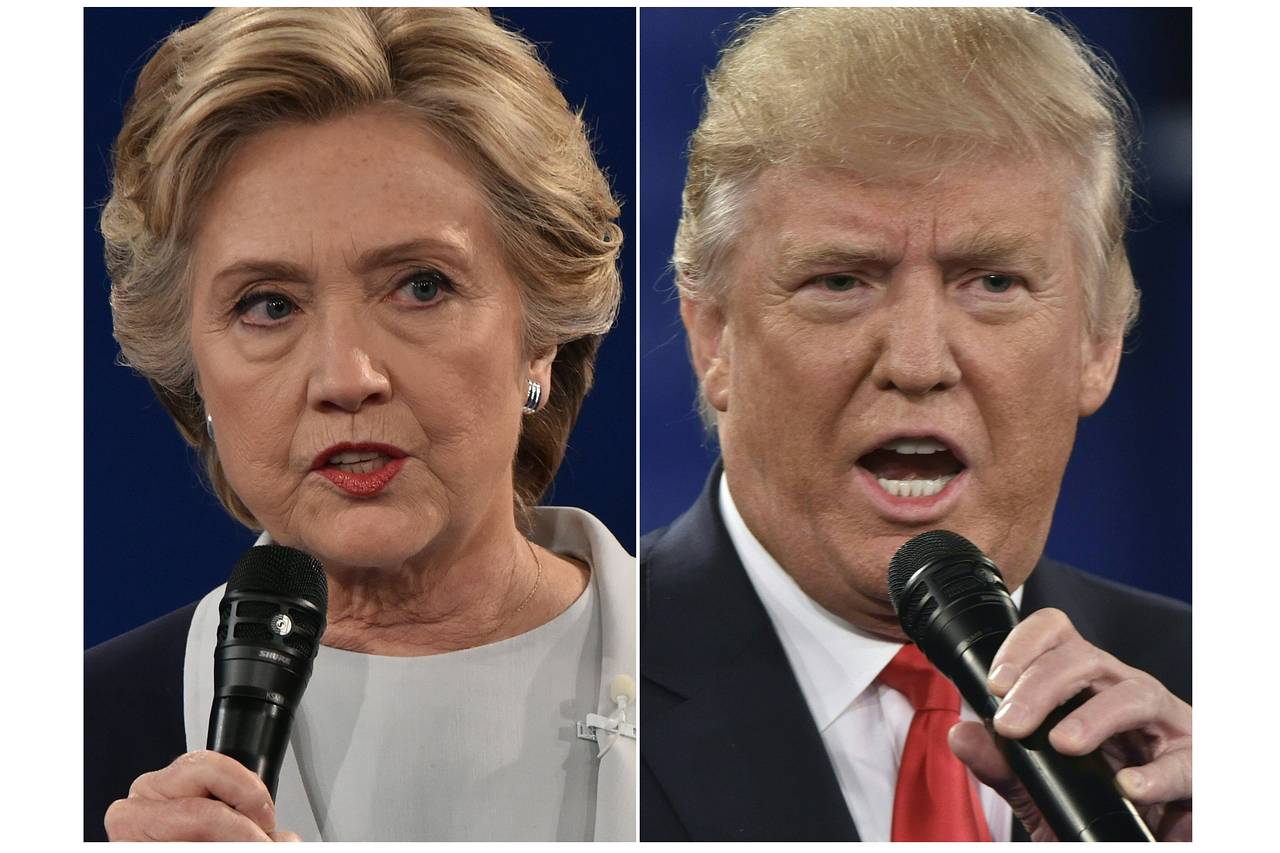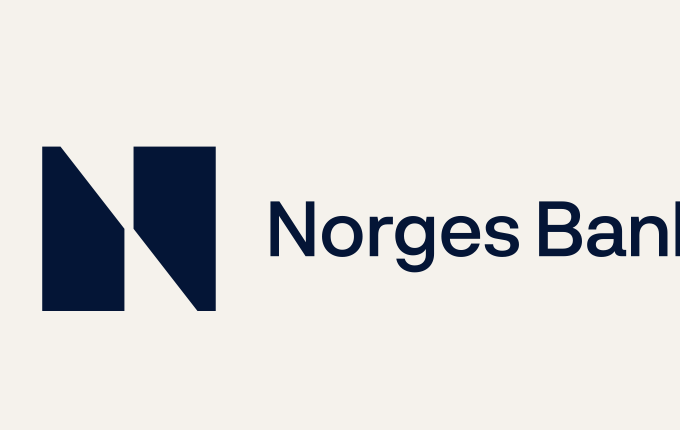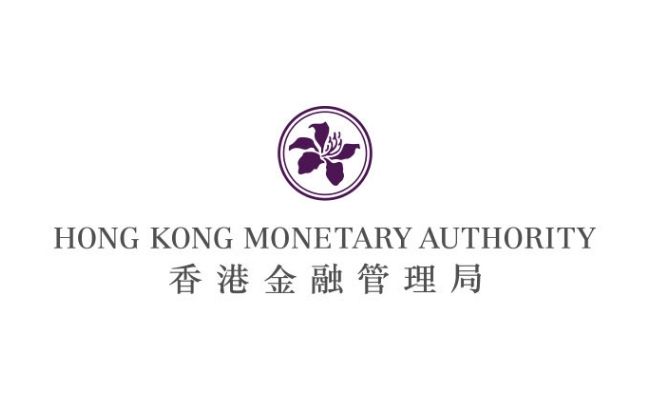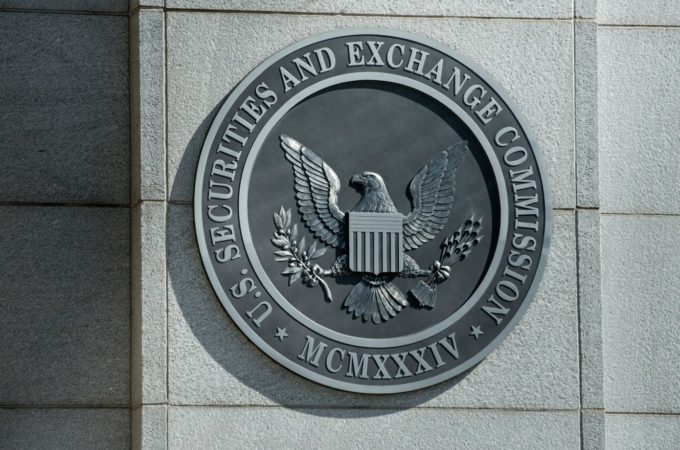
Venture Investors on the Election: Bring. It. On.
By Alexander Davis for WSJ
One measure of the heat and light of this year’s U.S. presidential race is the uncharacteristically strong stand taken by venture capitalists and tech industry leaders.
Like people from all walks of life, many of them have been preoccupied, even anxious, trying to predict the outcome as this bitter race goes down to the wire. Suddenly, with some polls showing a closer-than-expected race, the future isn’t quite as clear as it seemed just a month ago.
But for all the frayed nerves and looming uncertainty, deals are getting done and capital is being deployed, venture capitalists say.
“Most VCs and tech entrepreneurs are optimists—they have to be,” said Thomas Wisniewski, managing partner at Newark Venture Partners, based in Newark, New Jersey. “They need to believe they are unstoppable, that success is inevitable, that even if the economy tanks, and the market crashes…that it won’t matter.”
Hiro Tamura, a partner with London-based Atomico, said venture capital is undaunted by elections.
“Whatever the circumstances, great entrepreneurs will build great companies,” he said in comments via email. “Entrepreneurs have built great companies during recessions, after stock-market crashes, and before and after major elections, and they will continue to do so.”
As Donald Trump emerged as the Republican front-runner, many venture capitalists and tech moguls joined some of the loudest voices to rail against him. One of the more memorable showings of their vitriol came in July, when scores of tech leaders signed an open letter bashing Mr. Trump’s views on some of the industry’s pet issues such as immigration and free trade.
Hillary Clinton has relied upon the tech industry for significant operational, policy and financial support for her campaign.
Yatin Mundkur, general partner at East Palo Alto, Calif.-based Artiman Ventures, acknowledged that many entrepreneurs and investors around him are watching the election as closely as anyone he knows.
“It’s more anxiety than anything else,” Mr. Mundkur said. “But nobody is acting on the anxiety. It’s not shaking them to inaction.”
However, some limited partners in other countries aren’t as sanguine, he said. Many global investors got caught by surprise “on the wrong side” of the British voters’ decision to leave the European Union, and they are taking a more cautious, wait-and-see approach to making any bets on the U.S. elections.
One concrete postelection outcome that many investors are awaiting is a release of pent-up announcements of deals, or other talking points, that had been held back to avoid going up against news cycles with election-dominated headlines.
Michael Yang, managing director of San Francisco-based Comcast Ventures, said health-care startups have much at stake given Mr. Trump’s pledge to dismantle the Affordable Care Act, a signature achievement of the Obama administration.
“What happens if that changes or goes away?” Mr. Yang said.
He said it could have an impact on venture capital-backed companies that help individuals shop for insurance. However. he noted that no matter who wins the election, it would likely take several years for the existing law to change in a meaningful way.
Explaining an oft-hard rationale for many of today’s leading investors, Mr. Wisniewski of Newark Venture Partners invoked a now-famous maxim by Marc Andreessen.
“Software is eating the world,” Mr. Wisniewski said. “There will be a lot of other issues, but it will eat the world—even if Trump gets elected.”
—Yuliya Chernova, Patience Haggin and Cat Zakrzewski contributed.
First appeared at WSJ





